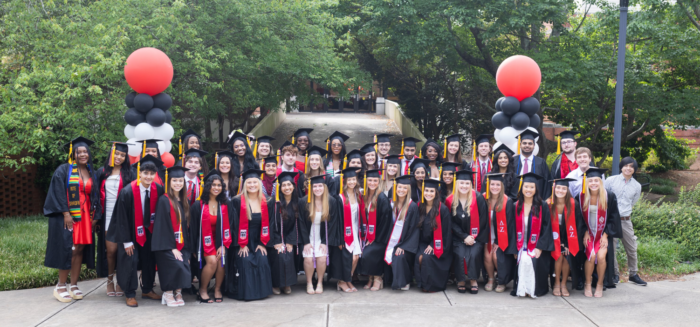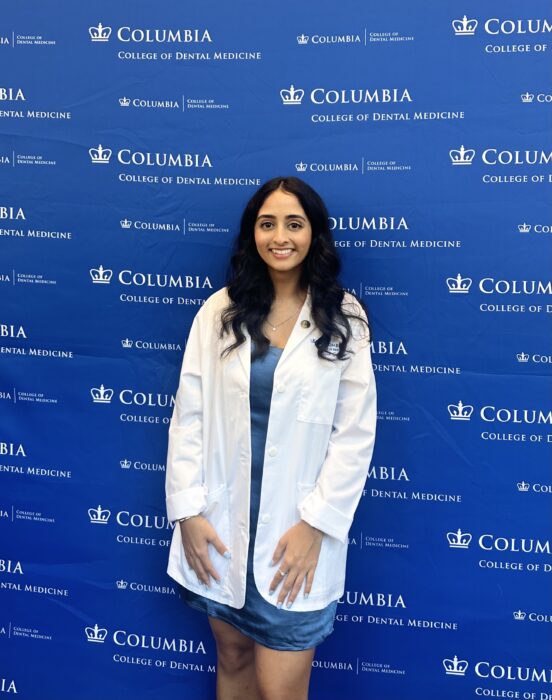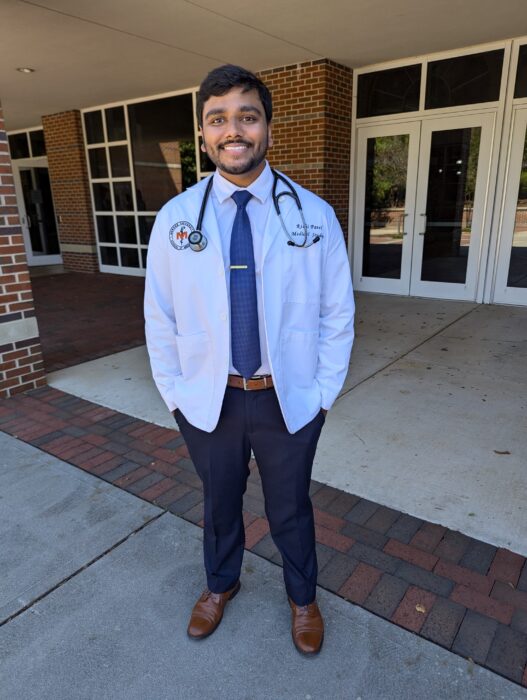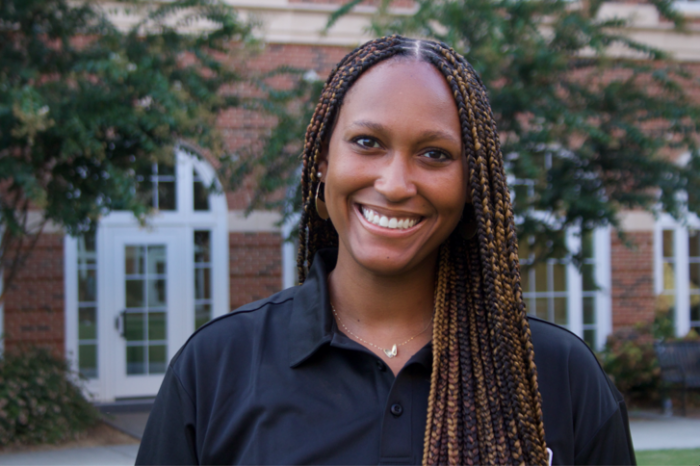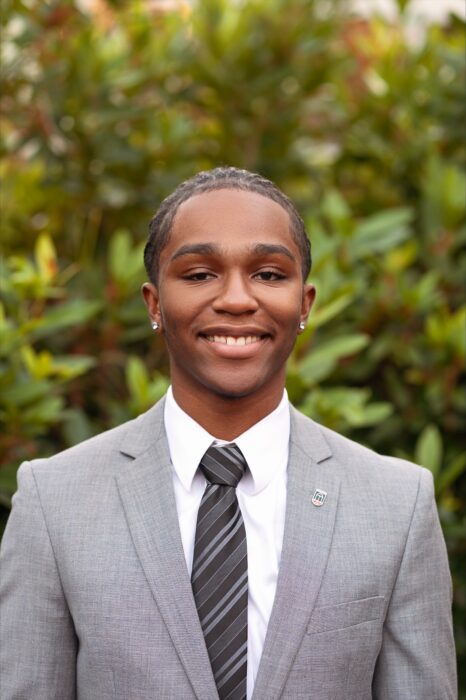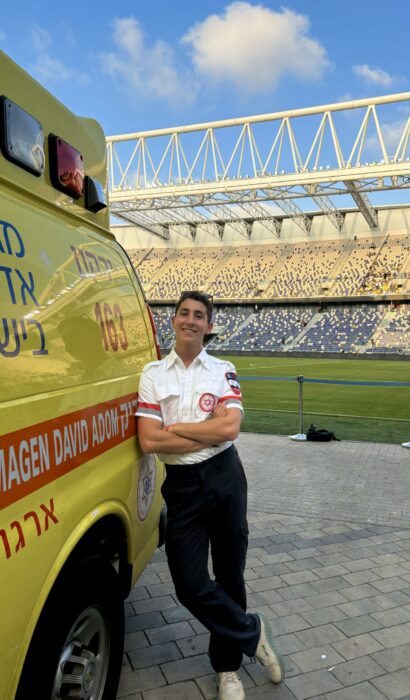The Biomedical Physiology undergraduate program is devoted to comprehensive training in physiology— the study of how the body functions— and to the preparation of undergraduate students for successful careers in healthcare. The program enables students to further their knowledge and understanding of body systems physiology, which is essential for a well-trained professional workforce in the healthcare, biomedical, and life-science industries. The program offers a broad catalog of coursework, allowing students to customize their experience to pursue careers and specific interests in a variety of biomedical science-related fields, including human healthcare, veterinary medicine, and the life-science industries. The program offers a major and a minor and is housed in the Department of Physiology and Pharmacology in the College of Veterinary Medicine.
It is strongly advised that students completed BIOL 1108 plus lab and CHEM 1212 plus lab before taking the introductory physiology course VPHY 3107-3107D. Students should successfully complete VPHY 3107-3017D before taking VPHY 3108 or upper-level VPHY electives.
